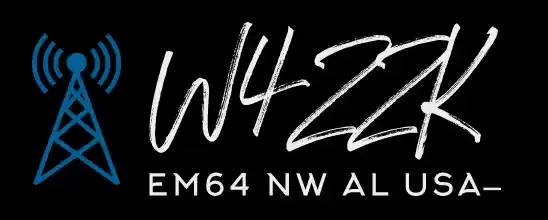What is amateur radio? (aka Amateur Radio)
Amateur radio is an FCC-licensed radio service for people who enjoy radio communication as a hobby, and who wish to further their understanding of electronics and radio principles. It is much different from Citizens Band (CB) in that amateur radio requires operators to pass electronic and radio theory examinations to use the assigned spectrum. Amateurs also have a virtually unlimited number of channels on which to communicate legally, as opposed to the small number available to CB operators. Amateurs may run over one hundred times as much power as CB’ers if needed, and they follow time-honored operating principles. Amateurs communicate as professionals, but cannot receive compensation for any service rendered. Amateurs also are prohibited from using their radios to facilitate business communications.
Amateur radio is NOT low-power AM/FM nor is it a broadcast service. Amateurs do not “broadcast,” they “transmit.” Broadcasting is the transmission of messages intended for the general public; amateurs may only communicate with each other.
Who can I talk to?
Amateur radio operators have frequency allocations in all portions of the radio spectrum–from just above the AM broadcast band to microwaves. We can use the HF bands to talk worldwide on a regular basis, and can communicate across the county and the Northwest Alabama area on VHF & UHF, the bands we use most for our emergency communications. We don’t just talk–we can also communicate with CW (Morse code), and various digital modes from RTTY (Radio teletype) to high-speed Packet radio which is similar to using a computer modem.
What’s the connection with amateur radio and public service?
There is a reason Amateur radio is called the Amateur Radio Service: Amateurs are one of the most valuable resources in times of need. Our communications networks are the most reliable in the world, and we can get through when nothing else can. Cell phones, the Internet, and even normal telephone systems become overloaded and unusable in crises, but Amateur radio will work.
How does one enter the Amateur Radio Service?
Amateur operators, unlike CB ops, must be licensed with a callsign. To earn a license, you must pass at least one written theory test to gain privileges. As of December 2006, Morse code proficiency is no longer required for any class of license.
Earning a license is not difficult, but it does require some studying. The questions on license exams are taken from a large pool of questions which are publicly available. The entry-level (technician class) license exam has 35 multiple-choice questions taken from a large pool of questions. One can purchase a study guide from the ARRL or learn directly from the question pool. Exams are given across the country periodically; visit W5YI’s web site for exam locations. Some areas also offer amateur radio classes.
